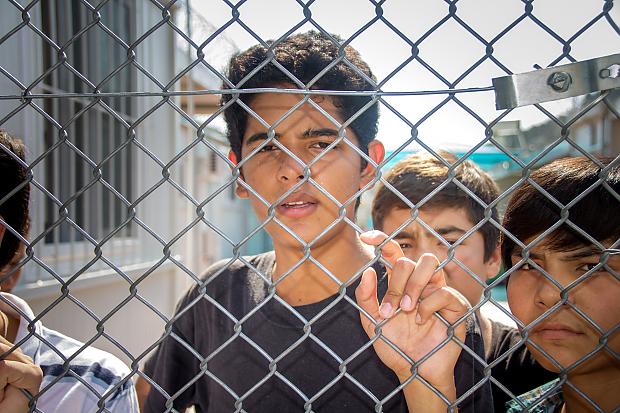EU still has no solution to the problem of asylum policy
EU still has no solution to the problem of asylum policy
Two weeks ago the European Commission presented its twelfth progress report on the relocation from Italy and Greece of refugees. The Commission is doing its best to put a brave face on things and say that everything is going just fine. But go through it and you can see that without real European asylum centres nothing will ever be achieved. It’s still nothing more than a sticking plaster on a serious wound.

As a result of the deal with Turkey migration into Greece has fallen enormously. For this reason the Commission is expecting the total number of refugees needing to be transferred to other member states will be no greater than the present figure of 12,385, almost as many as the numbers already transferred. In total Greece, moreover, has 62,000 such migrants on its territory, while for Italy the outlook appears even less favourable. Since the start of the year 41,130 migrants have entered the country, but most of them are not being considered for relocation to another member state, having no prospect of being recognised as refugees and therefore eligible for asylum. The registration process in Italy remains a complete mess and there’s evidence that the mafia is looking to earn big money from the reception of migrants.
As long as we are dependent on the national procedures of member states with long borders, and while moreover migrants with no right to international protection remain entirely the responsibility of those same states, the whole business of relocation will offer little. With European asylum centres this would change: more resources for sound registration procedures, while the processing of asylum seekers and the return of those refused would be a common responsibility, wherever the asylum centre was physically located.
This last point is necessary also in order to get countries such as Hungary, Poland and the Czech Republic on board. As things stand they can say that they are not prepared to take on refugees selected by another member state. If they were able to contribute to the processing of asylum seekers in a common European centre, this argument at least would no longer be available. They would also be able to participate in returning people whom it has been decided have no right to remain. None of this is simple and there are no ready-made solutions, but bumbling on in the same way has already gone on for far too long. That’s in nobody’s interest, and certainly not in the interest of refugees who have the right to international protection.
- See also:
- Dennis de Jong
